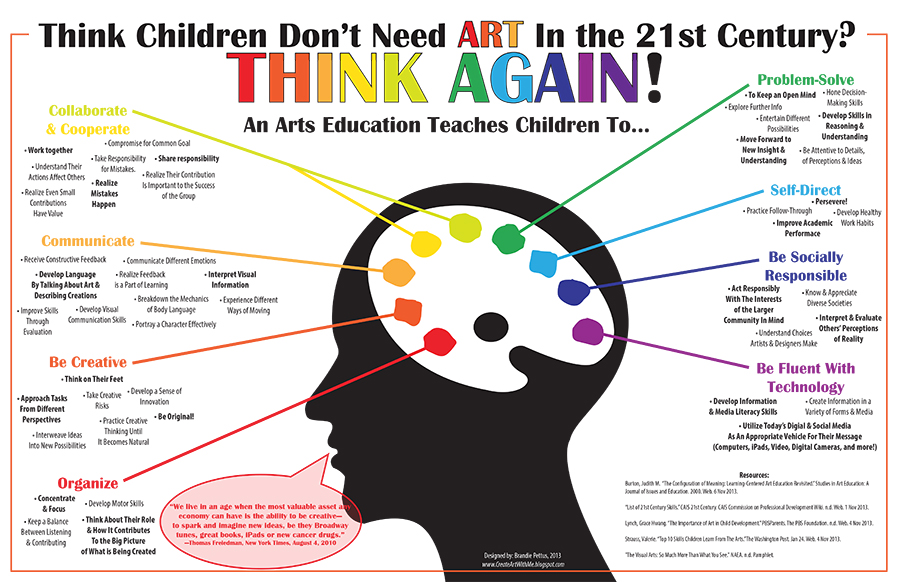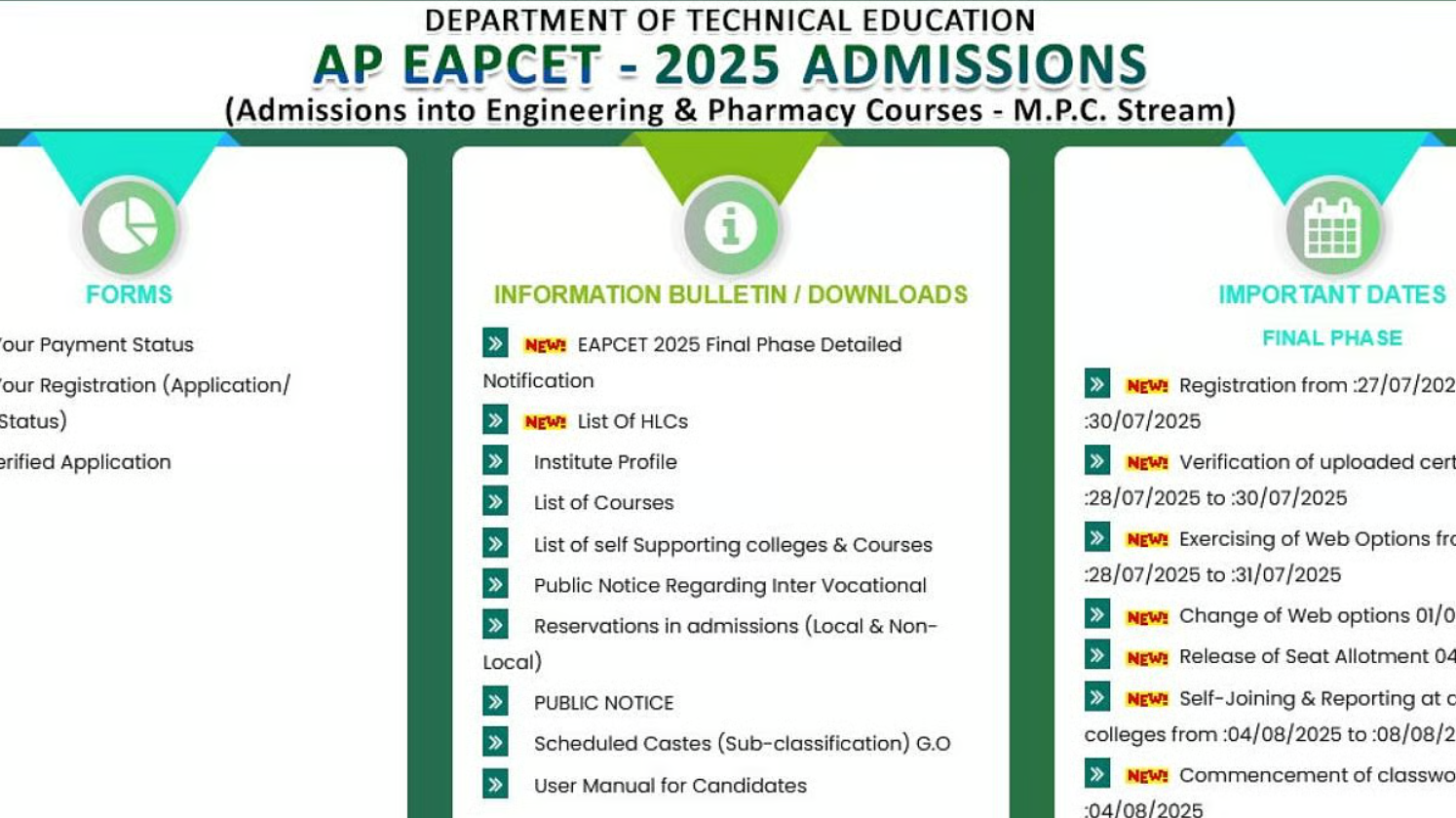10 Benefits of Art Education
Art education plays a crucial role in the holistic development of individuals. It goes beyond the realms of creativity and self-expression, offering numerous benefits that positively impact various aspects of life. In this article, we will explore the ten key benefits of art education and highlight its significance in fostering personal growth, cognitive development, and social skills.
Enhances Creativity and Imagination
Art education provides a platform for individuals to explore their creative potential and unleash their imagination. Through various art forms such as painting, sculpting, and drawing, individuals can express their thoughts, emotions, and ideas in unique and innovative ways.
Boosts Cognitive Skills
Engaging in art education enhances cognitive skills such as critical thinking, problem-solving, and spatial reasoning. By analyzing and interpreting visual information, individuals develop their ability to think outside the box, make connections, and find creative solutions to complex problems.
Improves Fine Motor Skills
Art education involves activities that require precise hand-eye coordination and fine motor skills. Whether it’s handling a paintbrush, shaping clay, or using intricate tools, individuals develop dexterity and control over their movements, leading to improved hand skills and coordination.
Encourages Self-Expression
Art education provides a safe and non-judgmental space for individuals to express themselves freely. It allows them to communicate their thoughts, feelings, and experiences without the constraints of words. This fosters self-awareness, emotional intelligence, and a sense of identity.
Cultivates Critical Observation
Engaging with art encourages individuals to observe the world around them more closely. Through analyzing colors, shapes, textures, and composition, individuals develop a keen eye for detail and learn to appreciate the beauty and intricacies of their surroundings.
Promotes Cultural Appreciation
Art education exposes individuals to diverse cultural practices, traditions, and artistic styles. By studying different art forms from various cultures and periods, individuals gain a deeper understanding and appreciation for the richness and diversity of human expression.
Enhances Communication Skills
Art education encourages individuals to communicate their ideas visually, which in turn enhances their ability to communicate effectively in other areas of life. By interpreting and discussing artworks, individuals develop their verbal and non-verbal communication skills, fostering better expression and comprehension.
Builds Confidence and Self-Esteem
Engaging in art education allows individuals to take risks, make choices, and experiment with different techniques and mediums. This process of exploration and self-discovery builds confidence and self-esteem, as individuals witness their own growth and artistic accomplishments.
Develops Empathy and Emotional Intelligence
Art education nurtures empathy by encouraging individuals to explore different perspectives, emotions, and experiences. Through creating and interpreting art, individuals develop a deeper understanding of themselves and others, fostering emotional intelligence and empathy towards diverse perspectives.
Stimulates Personal Growth
Art education offers individuals a platform for personal growth and self-reflection. It allows them to explore their strengths, weaknesses, and personal narratives, leading to increased self-awareness, self-acceptance, and personal development.

Art education provides a multitude of benefits that extend beyond the confines of the art studio. From enhancing creativity and cognitive skills to fostering self-expression and empathy, art education plays a vital role in shaping well-rounded individuals. Embracing art education can unlock a world of possibilities and contribute to a fulfilling and enriched life.
Frequently Asked Questions about the Benefits of Art Education
1. Why is art education important?
Art education is important because it helps develop creativity, critical thinking skills, and self-expression.
2. How does art education enhance problem-solving abilities?
Art education enhances problem-solving abilities by encouraging students to think outside the box and find innovative solutions.
3. Can art education improve communication skills?
Yes, art education can improve communication skills as it allows individuals to express their thoughts and emotions visually.
4. What are the social benefits of art education?
The social benefits of art education include fostering teamwork, empathy, and cultural understanding among students.
5. Does art education contribute to academic success?
Yes, art education contributes to academic success by improving focus, discipline, and overall cognitive abilities.
6. How does art education promote cultural appreciation?
Art education promotes cultural appreciation by exposing students to various art forms from different cultures, fostering respect and understanding.
7. Can art education boost self-confidence?
Art education can boost self-confidence as it allows individuals to showcase their unique talents and encourages self-expression without fear of judgment.
8. What are the emotional benefits of art education?
The emotional benefits of art education include stress relief, increased self-awareness, and improved emotional intelligence.
9. How does art education encourage innovation?
Art education encourages innovation by nurturing creativity, experimentation, and the ability to think critically from different perspectives.
10. Can art education have a positive impact on mental health?
Yes, art education can have a positive impact on mental health by providing a therapeutic outlet for self-expression and promoting mindfulness.




